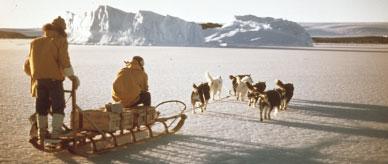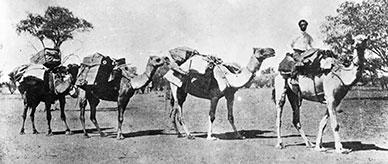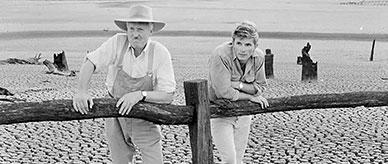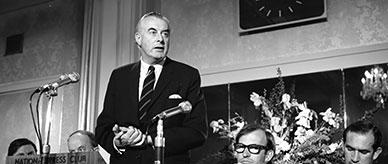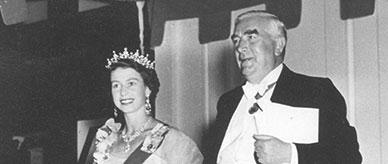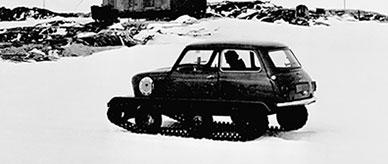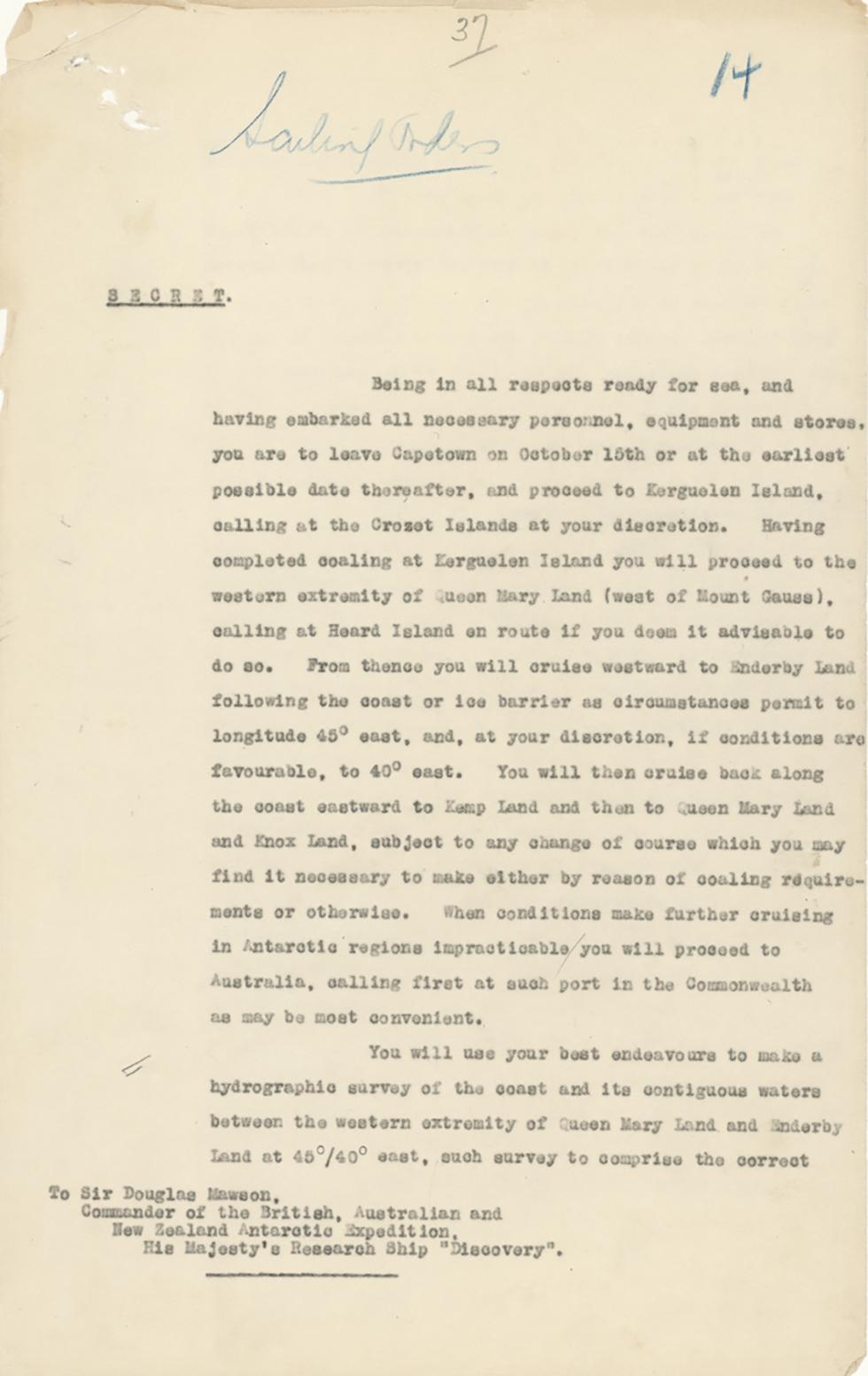
Secret orders given to Sir Douglas Mawson containing the phrase 'You will plant the British flag wherever you find it practicable to do so' - page 1.
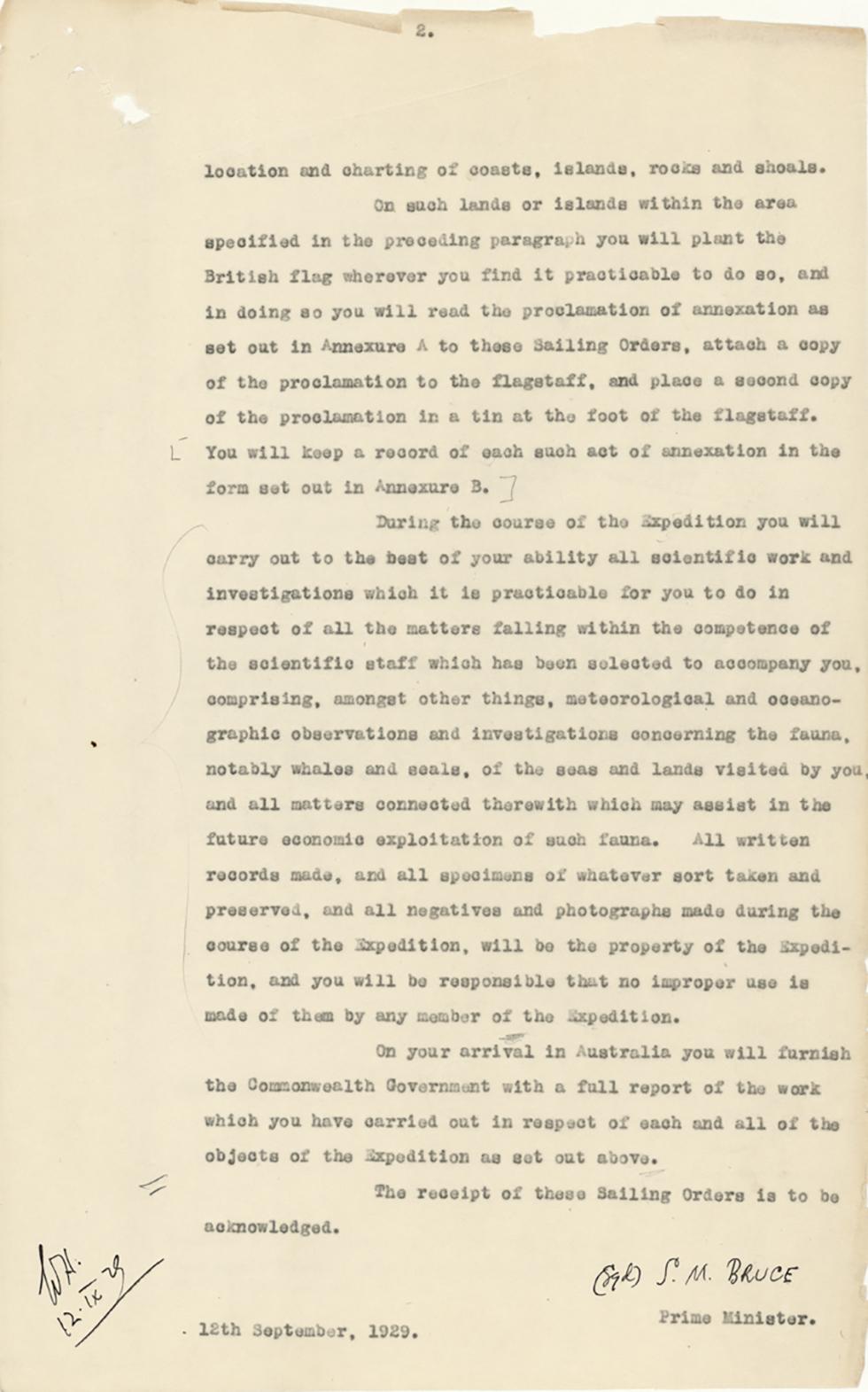
Secret orders given to Sir Douglas Mawson containing the phrase 'You will plant the British flag wherever you find it practicable to do so' - page 2.


